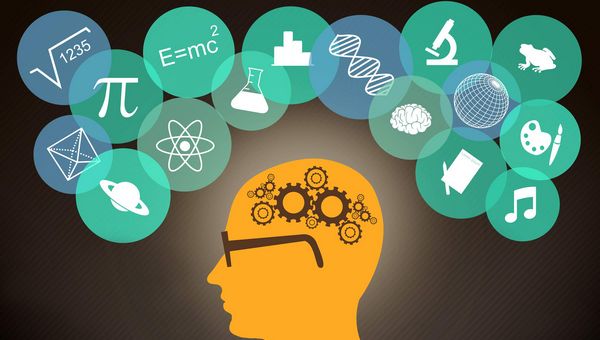dissociative amnesia: what is this, causes, symptoms, diagnostics, treatment, prevention

Dissociative amnesia is called specific disorder, characterized by loss of memory, not due to any organic pathologies or diseases. Dissociativnaja amnesia most commonly found in patients, survivors of severe stress and traumatic events. Young women and adolescents are more susceptible to this disorder..
Dissociativnaja-causes of amnesia
The primary cause of dissociative amnesia is a strong psychological trauma. The premise of this disease are formed in childhood or adolescence in cases, When a child is exposed to prolonged stress, psychological or physical violence (primarily – unjustified cruelty of parents, frequent corporal punishment, acts of violence, etc.). Natural protective function of children's consciousness is developed fantasy, in which a child is easier to get away from stress and trauma. In some cases (with particularly strong psychological trauma) This otstranjonnost is stored for a long time in the future be transformed into dissociativnoe disorder (amnesia). Statistically, the most frequent trigger development of dissociative amnesia is sexual violence.
In some cases dissociativnaja amnesia develops in adults, not exposed to psychic trauma in childhood. Most often this exposed people, survivors of severe stress, the resulting natural disasters or in the combat zone.
Symptoms of dissociative amnesia
The clinical picture of dissociative amnesia differs slightly depending on the type of disorder. However, shared outbursts for all types of diseases are:
- memory loss (mostly about the events, causing psychological trauma);
- difficulty with recognition of friends and relatives;
- memory loss can be transitory (episodes of amnesia occur suddenly and last from 1 minutes to months, then memory is restored);
- the propensity to depressions, disturbing States;
- the loss of individuality (during an episode of amnesia the patient may experience some perplexity and not feel individuality);
- difficulties in social life (the patient is hard to maintain normal communication with colleagues and friends).
Dissociativnaja amnesia — Diagnostics
Diagnosis of dissociative amnesia is carried out on the basis of medical data, personal history of a patient's life, as well as general survey data. To make this diagnosis, three prerequisites must be met.:
- the absence of any organic pathology, able to lead to the development of amnesia;
- the presence of at least three of the above symptoms;
- the existence of psychic trauma.
The doctor also needs to undertake a psychological examination. Typically, this is done using interviews soothing drugs or hypnosis.
Also typical of dissociative amnesia diagnostic criteria are:
- the difficulty of play in memory of the events from the past;
- unwillingness to share with your doctor details of events, leading to psihotravme (If the patient remembers them);
- sudden onset of illness.
Dissociativnaja amnesia — classification
According to the clinical manifestations, there are two types of dissociative amnesia:
- selective amnesia dissociativnaja type – loss of memory about any specific events (mainly those, that are associated with stress or trauma factor);
- dissociativnaja amnesia generalized type – memory loss about everything, What happened at a certain period of life (usually, associated with psychological trauma).
Dissociativnaja amnesia patient actions
Upon detection or close episodes of memory loss, we recommend that you contact someone for help and prevent the progression of this condition.
Treatment of dissociative amnesia
The main objective in the treatment of this disorder is to define those events, that caused the amnesia, and help the patient to repeat their understanding. We use a variety of techniques: psychotherapy, family therapy, cognitive therapy. In some cases, also apply medicinal preparations (depending on the clinical) – Antidepressants or sedatives.
Dissociativnaja amnesia — Complications
If a strong and prolonged display of dissociative amnesia may experience complicated symptoms, such as suicide attempts, sexual disorders, frequent headaches, protracted depression.
Prevention of dissociative amnesia
As prevention of dissociative amnesia, we strongly recommend that you do not expose children exposed to stressors, and if they have already occurred – seek the advice of a psychologist. Children should not be left alone with the problem. People, already had experienced psychological trauma in the past, It is recommended not to be removed from care close, share with them the experiences and thoughts. In some cases, extremely useful sometimes visit sessions of group therapy.
